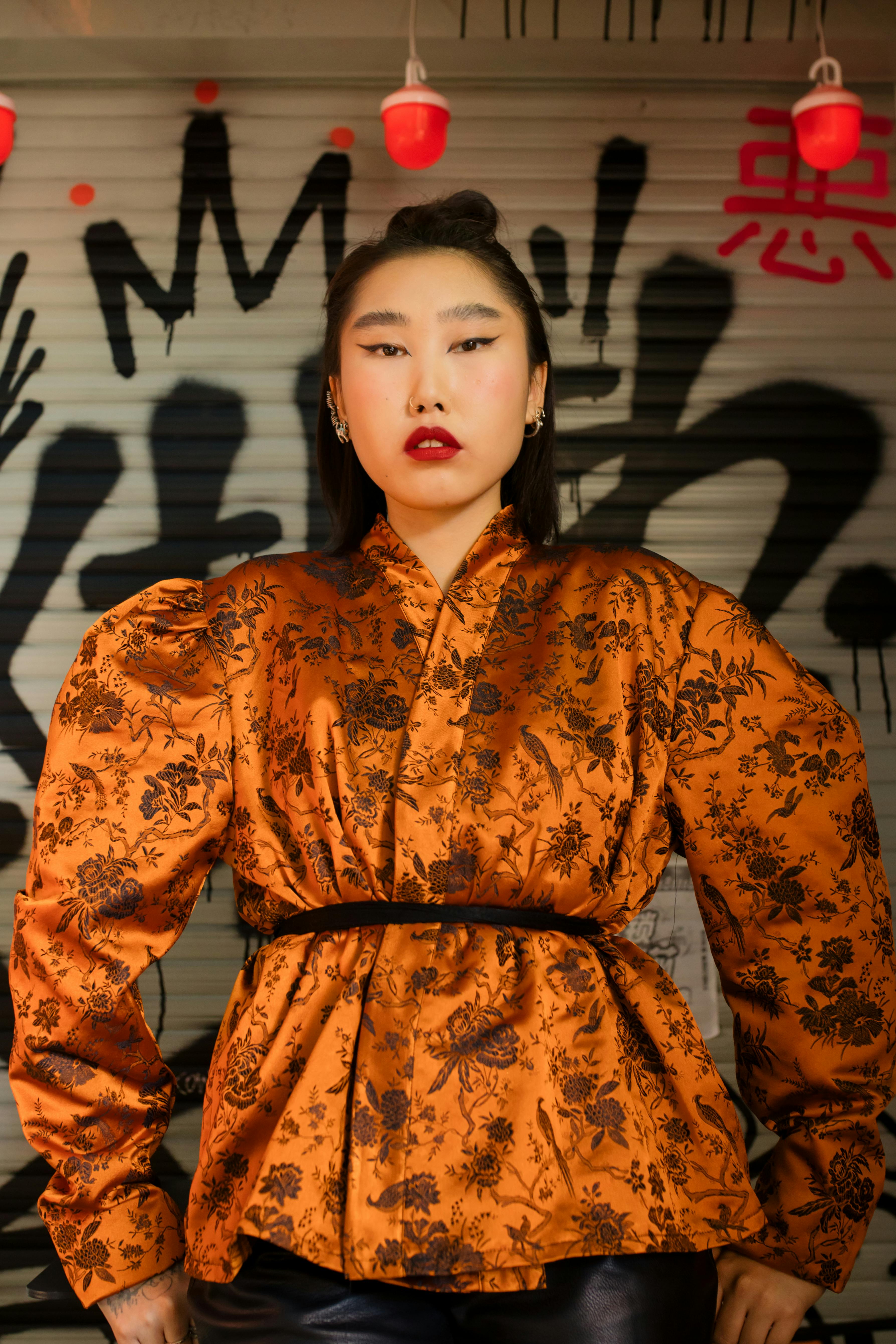Gender role attitudes that have historically contributed to economic inequality for women ( e .g., Confucian ideas of virtuous women https://asiansbrides.com/chinalovecupid-review/) have not lost their appeal in the midst of China’s economic boom and reformation. This research looks into how female college students feel about being judged according to the conventionally held belief that women are noble. Participants in Trial 1 were divided into groups based on their level of work or family orientation, and they were then asked to complete a vignette describing one of three scenarios: group or individual good stereotype evaluation. Unstereotypical beneficial evaluation was the third condition. Finally, individuals gave ratings for how much they liked the male specific. The findings indicated that women who were more focused on their careers detested noble stereotype-based evaluations more than those who are family-oriented. According to regression analysis, the perception that positive stereotypes are prescriptive mediates this difference.
Different stereotypes about Chinese people include being exotic” Geisha women https://lovestrategies.com/online-dating-tips-for-women/,” never being viewed as capable of leading or becoming frontrunners, and being expected to be obedient or silent. The persistent golden hazard notion, in specific, feeds anti-asian mood and has led to harmful policies like the Chinese Exclusion Act and the internment of Japanese Americans during World war ii.
Less is known about how Chinese girls react to positive preconceptions, despite the fact that the unfavorable ones are well-documented. By identifying and analyzing Asiatic women’s sentiments toward being judged according to the conventional good noble stereotype, this research seeks to close this gap.

